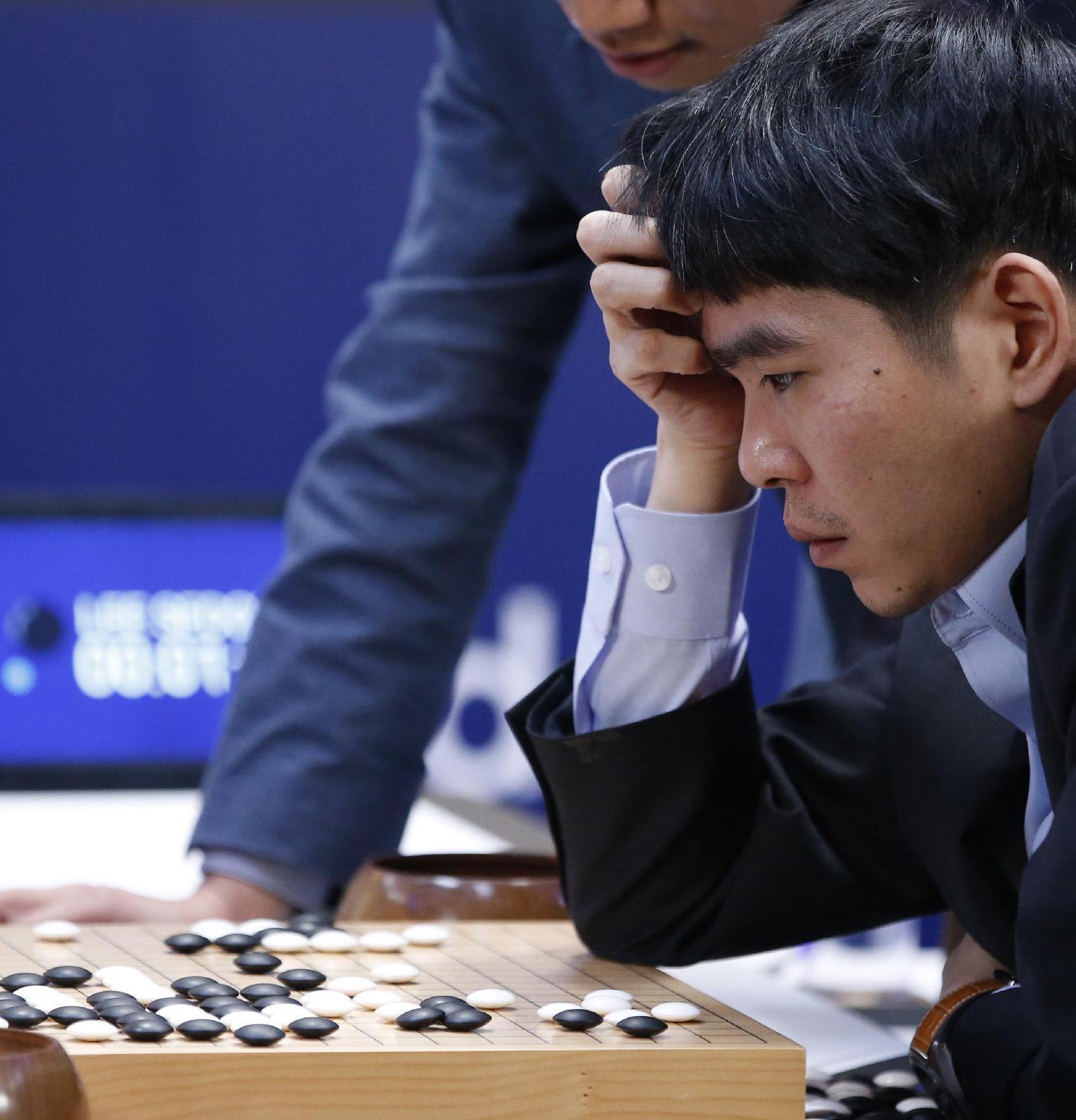Rise of the Machines: AI software beats human champ for 3rd straight time
A Google computer’s stunning 3-0 victory in a Man-vs-Machine face-off over the ultimate board game highlights the need to keep Artificial Intelligence under human control, experts said Saturday. The partly self-taught AlphaGo program’s defeat of Go grandmaster Lee Se-Dol showed AI was progressing faster than widely thought, they said - a highly symbolic moment in humanity’s quest to create smart machines. And while AI plays a key role in building a better, safer world, some fear the fast pace of development could finally leave humans outwitted by our own inventions.
The fact that AI methods are progressing much faster than expected makes the question of the long-term outcome more urgent.
AI expert Stuart Russell of the University of California’s Berkeley Electrical Engineering & Computer Sciences department
Until just five months ago, computer mastery of the 3,000-year-old game of Go, said to be the most complex ever invented, was thought to be at least a decade off. The game of Go is more complex than chess, and has more possible board configurations than there are atoms in the Universe. AI offers the promise of a highly-efficient world in which robots take care of our sick, fly and drive us around safely, stock our fridges, plan our holidays, and do hazardous jobs humans should not or will not do. In many ways it is already doing so. But for some, unchecked AI development evokes apocalyptic images in which hostile machines enslave humanity.
It is not the beginning of the end of humanity…But there is still a lot of research that needs to be done to get things right enough that we can trust (and take pride in!) our AIs.
Oxford University future technology specialist Anders Sandberg

AlphaGo